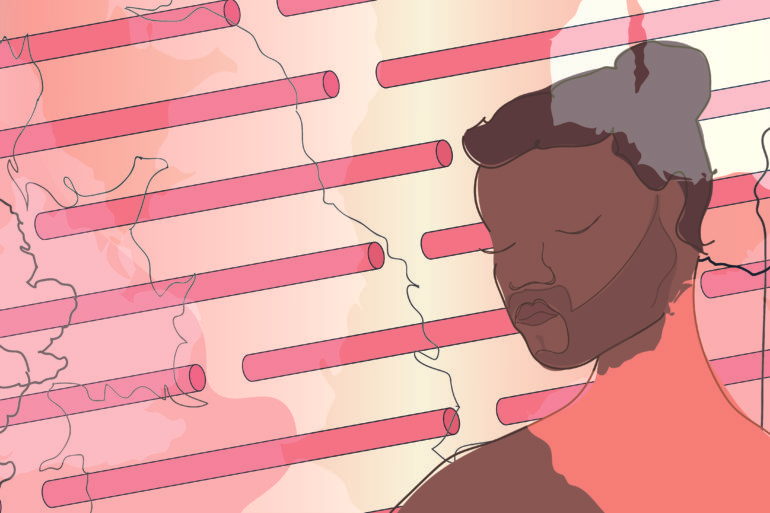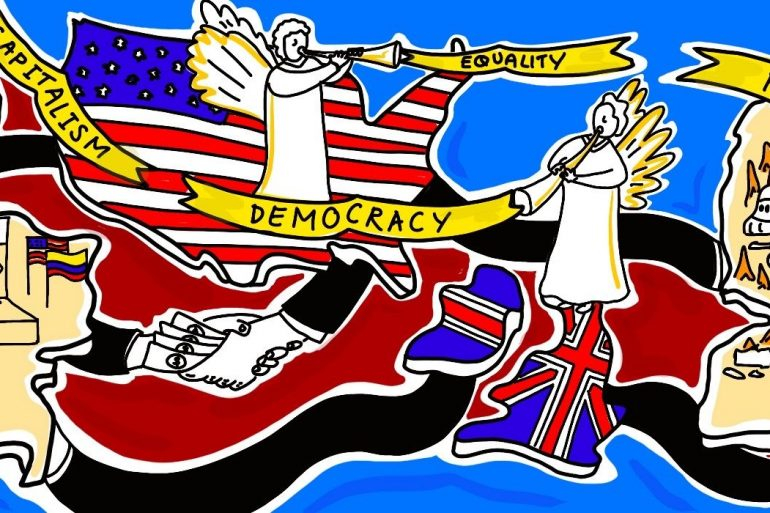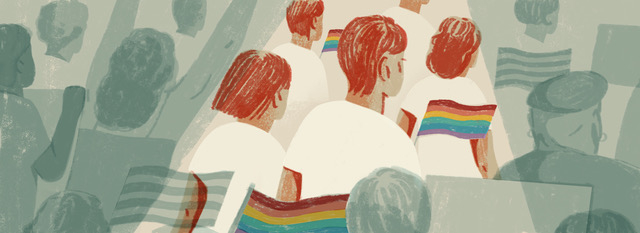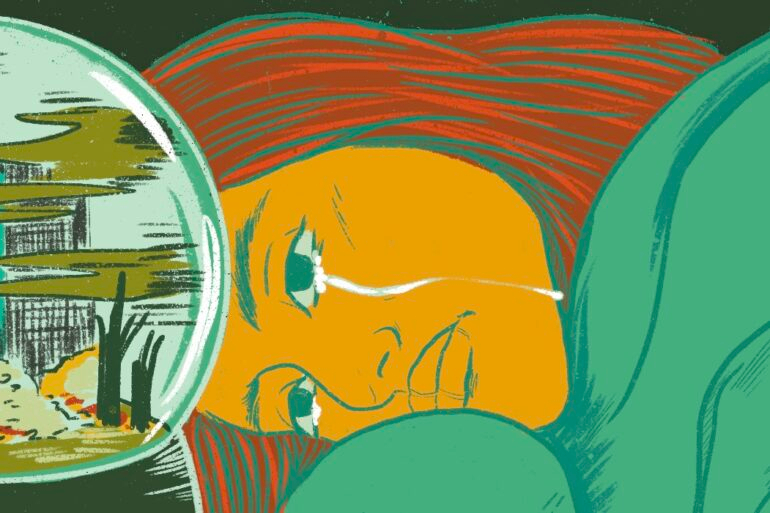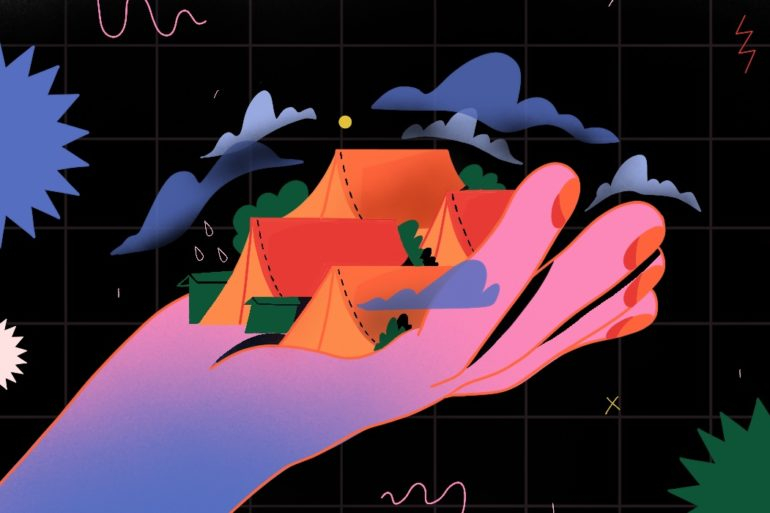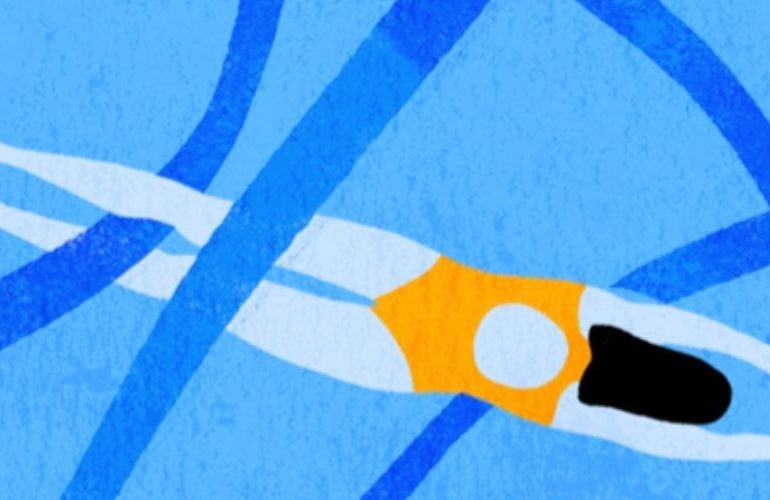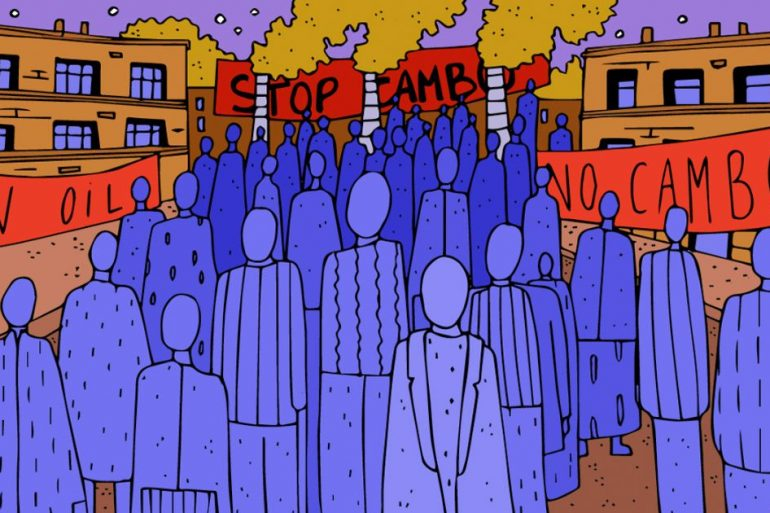This notion of climbing the corporate ladder was drilled into my head at a young age. Get a job straight away after graduating college and do my time at a ‘9-5’ job (which, let’s be honest, is more like 9-9). A friend of mine recently reminded me that being busy was seen as a status symbol these days and I realized how true that statement was.
This was all back in 2017.
I was in the midst of a great job. Working in one of the world’s best advertising firms, my work was winning all sorts of cool awards and I had the chance to be on projects with some of the most talented people I had ever met. Yet at the end of the day, it didn’t feel all that fulfilling. And I kept asking myself why? What more did I want?
Turns out, I was so focused on the ‘climbing’ part that I didn’t stop to think about whether or not the view at the top was even something I wanted.
Instead, I found solace in my time volunteering. For me, gender equality has always been a passion of mine and something I strongly advocate. Not because I’ve actually experienced the effects of gender inequality or gender-based violence, but because I have not. To me, the idea of gender equality is the most natural thing in the world. And my greatest wish is for everyone to grow up thinking the same.
Feeling restless at work, I began to seek out different avenues to create social impact. When I realized that the company didn’t have any initiatives that gave back, I decided to start one myself. I led a small team that did everything from soup kitchen volunteering to creating awareness campaigns for marital rape. This began to fuel me in ways I never thought possible.
The best part was seeing how such talented individuals came together to use the skills that they had for social causes. An Art Director reinventing the meaning of tradition by changing the colors of a local snack to resemble pride colors. A Copywriter crafting words that catalyzed important long-overdue conversations. It was there that I saw the full potential of what happens when you put purpose over profits, when you combined passion with profession.
This led me to discover the relatively new field of social innovation. And what pushed me to pursue a Master’s degree in Social Innovation & Entrepreneurship at the London School of Economics. Ask anyone what they define as a social enterprise and I guarantee you that you’ll have different answers. That’s kind of the beauty of it too. But for me, my definition is simple: a business with a social mission at its core. I see the importance of looking at social causes through a business lens because without a sustainable business model, real change never takes root and real impact never manifests.

I’ve met tons of people in the non-profit sector and I admire their commitment. But time and time again, I’ve heard tidbits here and there about how they are constantly waiting for donations or writing up grants or planning the next fundraising event so much so that it actually prevents them from working on the cause that got them into the organization in the first place.
Because of this, I was adamant to set up ila as a social enterprise.
Julie, my co-founder, and I both discovered our mutual interest in helping survivors of sexual violence; we felt that to tackle gender inequality we needed to tackle the issue where it hurt the most. So the way ila works is by empowering sexual violence survivors with an innovative-skills training program to achieve employability and gain financial independence. The other 2 publics we interact with are corporations and the ila Generation.
Companies these days are becoming increasingly aware of the need to move away from CSR models of charitable-giving (e.g. donating lump sums of money to causes as a one-time offer) to more meaningful two-way interactions. Did you know that 90% of 18 to 24 year-olds said a company’s social and environmental impact affected how likely they were to buy from that company? And that about 75% of employees who took part in volunteering reported feeling better about their employer. ila provides the solution in the form of an employee engagement program; employees volunteer their skills to survivors all the while receiving training themselves on how to create social impact and become social intrapreneurs for their companies.
As for the ila Generation, think of them as young, passionate individuals who believe in ila’s vision. They are our brand ambassadors and we showcase their unique journeys on our channels whenever we can. We also create ilaX events (like TedX but with a gender lens) for them to inspire and be inspired. And the amazing thing is it’s not even about ‘marketing’ or trying to create something out of nothing. Because these people are my friends. They are your friends. It’s you. It’s me.
We like to think of ila as a network that connects the dots. No one public operates in isolation. And everyone gives as much as they take.
It’s a big vision. One that’s going to take a long time to manifest. This is because we’re dealing with a sensitive public. Sexual violence survivors need more help to thrive than just a simple one-off lump sum of money thrown their way. We need to consider their mental and psychological health as well. And to say that I’m unshakeable in my pursuit of achieving this would be an absolute lie. I have so many moments of doubt and anxiety. And midnight calls to my mom. But we’re only about 8 months in on this journey and the lessons I’ve learned along the way have been immeasurable. In fact, I keep a notes files on my phone with this exact title. The biggest takeaway for me so far? Learning how to deal with rejection. Word for word, this is my note to self:
“You’re going to get a lot of ‘no’s doing this. A lot of rejection emails and a lot of people who don’t bother replying. Don’t take it personally. There’s no time to take it personally. Just keep pushing through and eventually, somewhere along the way, someone is going to say ‘yes’.”
It’s truly about being brave enough to just make that first step.
Which just so happens to have been the theme for ila’s launch event where I had one of my first experiences with public speaking (read: sheer panic).
During my talk I said that change doesn’t need to be this huge, unattainable concept. You can make that first step with where you are right now, with the tools you have. You don’t need to quit your job to make a change. Nowadays social impact and sustainability is becoming part of any company’s DNA. Find out what programs your company is involved. What sustainable development goals (UNSDG’s) they have pledged against. And if there’s nothing happening, who’s to say you can’t start something on your own?
At ila we believe that all it takes it just one person to lead by example and be the voice of change.
Subscribe to shado's weekly newsletter
Exclusive event news, job and creative opportunities, first access to tickets and – just in case you missed them – our picks of the week, from inside shado and out.

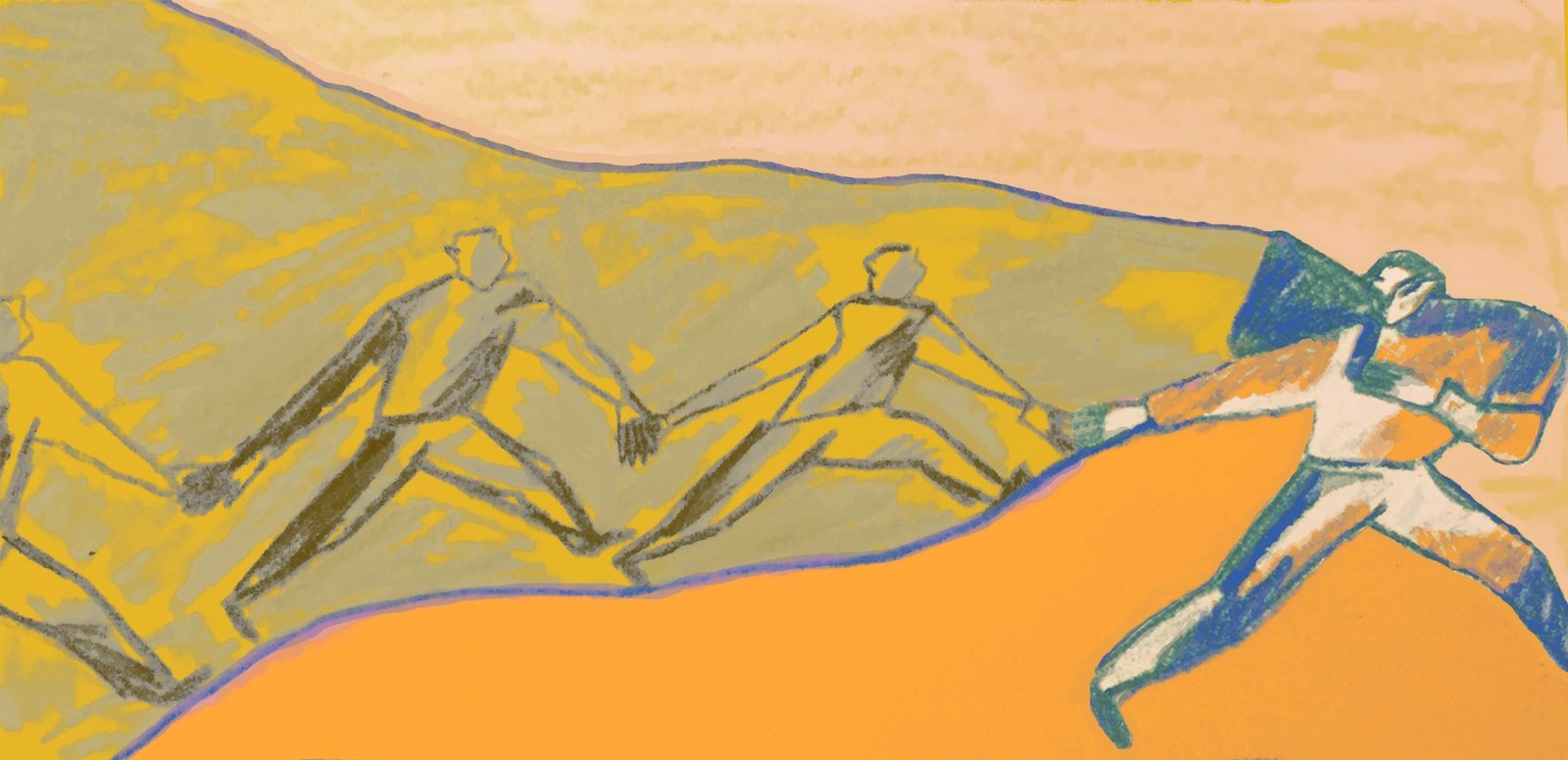
Find out more about ila Generation on their website and instagram


